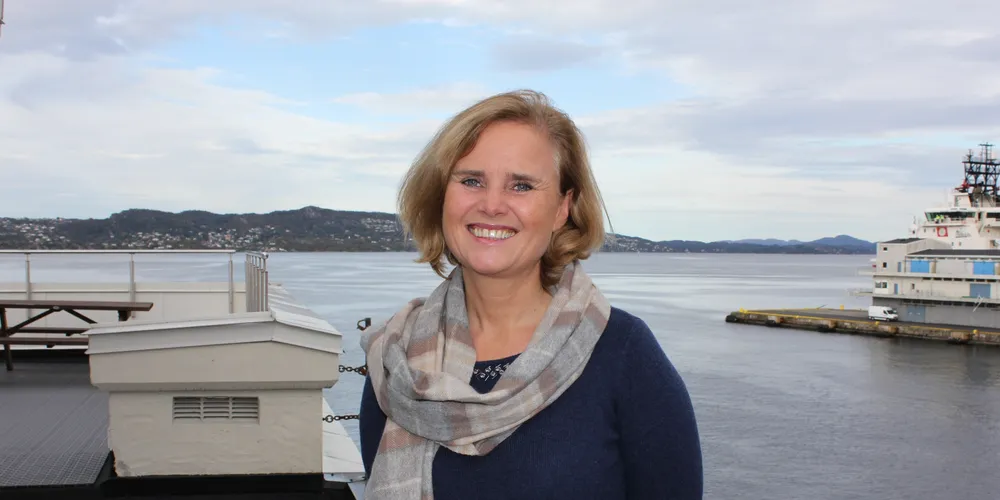Women in seafood: Ewos' Hilde Waage
'Be yourself, don’t try to be a man. You are probably surrounded by a lot of them, though, so challenge their thinking, use your competitive advantage as a female, and do it smart and with a positive mindset.'

'Be yourself, don’t try to be a man. You are probably surrounded by a lot of them, though, so challenge their thinking, use your competitive advantage as a female, and do it smart and with a positive mindset.'
